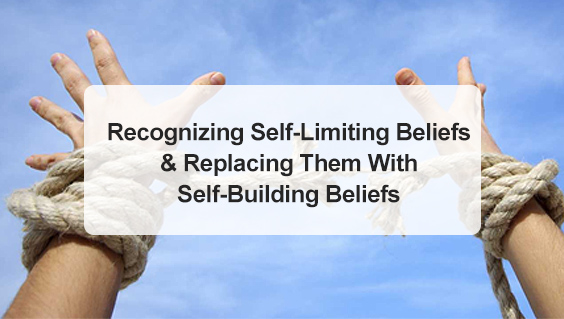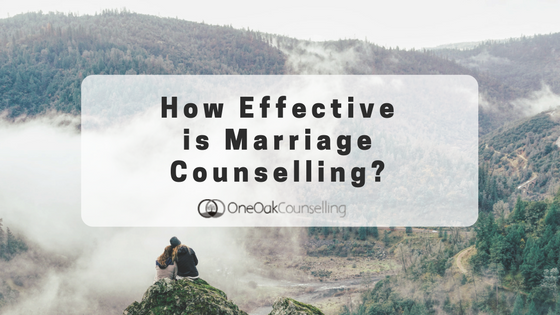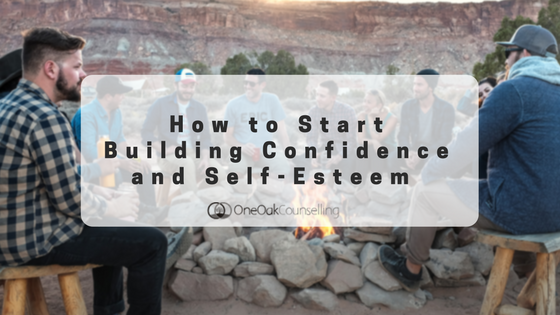The way we conduct ourselves in a group of people depends a great deal on our self-esteem. When you are feeling confident, communication often becomes much more effective. We can also do what we want – without having to worry about what others may think. A healthy level of self-esteem can result in many things:
- happiness in social situations
- positive beliefs in yourself
- better quality of life
- less fear of failure
- overall satisfaction.
As for the cause of it all, traumatic events or self-criticism can sometimes lead to low self-esteem, so can critical parenting, difficult relationships, and negative self-talk. In some cases, you might not even know where it all began. You may just feel the effects oflow self-esteem and the anxiety that impairs your ability to think rationally. This can throw you into an unnerving spiral of emotions.
There are ways to build up that self-esteem again, and with that can come a new-found confidence. Below we explain a few steps you can take to start building your confidence and self-esteem.
Identify why you feel vulnerable
You’ll need to begin with finding out what it is in particular that makes you feel vulnerable. Before reframing the way you think about yourself, you’ll need to understand what’s really troubling you. Become self-aware of your fears and pinpoint the reason for your low self-esteem. Is it something someone said about your image? Is it because you lack something others have?
Studies have shown that self-confidence comes from the judgement you make of your own capabilities. In other words, if you believe you can’t speak to a large group of people, then chances are you’ll make a crippling fear or concern out of public speaking.
Understand what it is about public speaking that you fear so much. Find out what makes you feel vulnerable. You don’t have to necessarily find the cause behind it yet, but pinpointing the problem can help.
Once you’ve determined what makes you feel vulnerable, you can move onto the next step.
Understand that you dictate your self-esteem
How you feel about your capabilities, accomplishments, and overall person dictates your self-esteem. Before you feel an increase in confidence, you’ll need to put less emphasis on the external factors. Those with high levels of self-esteem believe in their own capabilities and accept their weaknesses.
The key here is that other people do not determine the way you feel about yourself How much you weigh and what you determine to be your shortcomings, can only affect your confidence if you allow it. In more severe cases, years of trauma and negative thoughts can make building self-esteem a task that will require all your strength.
Any confidence you feel you may have lost can be regained. Many psychologists believe self-esteem can be built up and broken down by your own hand. You have control over your self-esteem and confidence, nobody else but you. When you start believing in yourself and accepting your weaknesses for what they are, then you’ll have an easier time regaining that confidence.
Confidence is determined by you. Knowing this, you can move into the next step.
Practice the traits you want
There are studies that show how self-esteem can be increased through simple changes, even by changing the way we stand. This small change can increase testosterone and also decrease cortisol, which is the hormone responsible for stress. A combination of these two chemical changes results in a boost in confidence. Our bodies create this chemical reaction, whichbegin with a decision created within your mind.
To gain confidence, you’ll need to commit to practicing the traits you want. Confidence and self-esteem is based on how you perceive your capabilities. There’s no need to overcomplicate things at this point. If you want confidence, it comes from being good at something and succeeding. That means you should practice the trait you want and set realistic achievements.
Being good at something and succeeding follows after plenty of practice. For example, if you want to be better at public speaking, put yourself in situations where you practice public speaking.This could be your local Toastmasters or even small gatherings with your friends.You will be bad at first, but more and more practice will slowly develop that capability you’ve always wanted.
Soon enough, you’ll notice your knees shake less, your lisp isn’t as prominent, and you’ve spoken to groups as large as 50 people!
Conclusion
There are plenty of ways you can increase your confidence, however none of them are an overnight solution. Regaining the self-esteemyou once lost will take you on a long journey to recovery.Along the way, you’ll learn more and more about how to cope with the difficulties associated with low self-esteem.
The road to recovery can be less bumpy when you have the support of your family, friends, and mental health professionals. If you are looking for professional advice to battle the fears or past traumas accompanied by low self-esteem, fill out the form below and one of our counsellors can reach out to you. You’ll receive a free 30-minute consultation, which can help you create an action plan towards beating low self-esteem.





